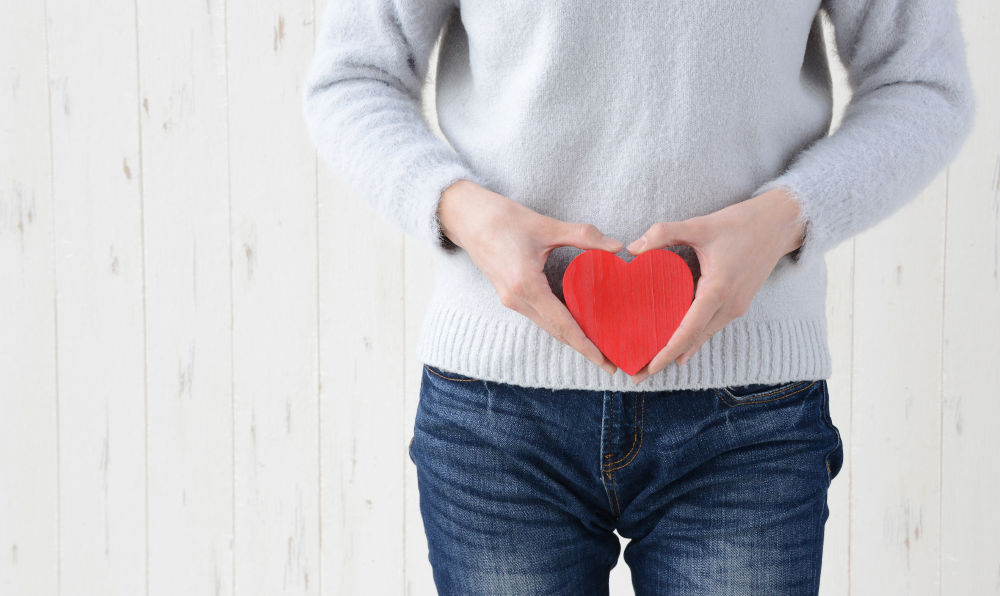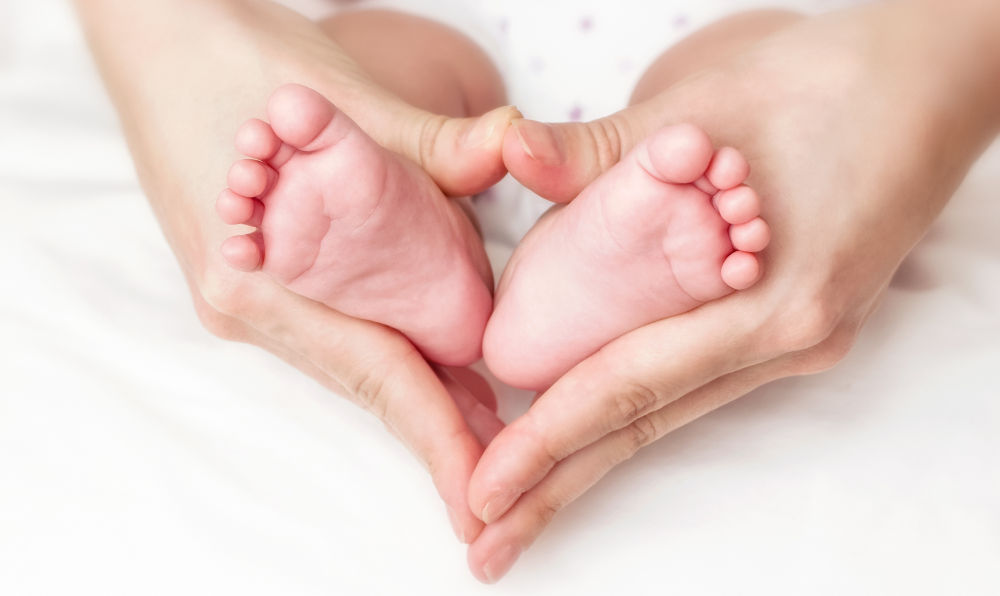
The Low Down on Egg Freezing
Egg freezing is becoming a lifestyle choice among millennials wanting the best chance of having a baby at a time that suits them
In the US, egg freezing is becoming a lifestyle choice among millennials wanting the best chance of having a baby at a time that suits them- some clinics throwing egg-freezing parties where women gather for champagne and canapés to find out more about banking their eggs for future use. And in the UK, it is a process that is increasing in popularity. We look at why, how and the pros and cons with Dr Kamal Ojha from Concept Fertility
How big is the demand and what is fuelling it?
We’re seeing more enquiries – around five a month – and are holding open evenings where people can find out more. Egg freezing was initially a potential solution for single woman undergoing cancer treatment that might reduce their fertility. Now though we tend to see a lot of professional women who don’t yet have a partner enquiring.

What are the chances of success?
The technology has improved massively. Fast-freezing techniques mean that around 85% to 90% of eggs will survive the freezing process. You do have to remember though that the chances of a successful pregnancy are lower than regular IVF because the freezing adds another element of uncertainty. It’s also worth pointing out that it is not an embryo so it is only half of the process. Embryos have been frozen for longer than unfertilised eggs, and the procedure has been improved over a longer period; the success rate for unfertilised frozen eggs is around half that of the success rate for frozen embryos.
What’s involved?
A series of hormone injections are given to make the ovaries release more eggs than usual. The egg collection is carried out under sedation and takes around 20 minutes. Ideally, this should result in a collection of 10 to 12 eggs for freezing, which can be stored for up to 10 years. As this is a two stage process- collection and freezing and then creating and implanting an embryo at a later date, it is more expensive than regular IVF.

What are the risks?
Risks from this procedure are very small, and many children have been born from embryo and egg freezing. There are no significant risks of birth defects. There is a small risk of hyper-stimulation of the ovaries during the process, , which could result in dehydration and blood clotting but with a good clinic, this shouldn’t be an issue.






